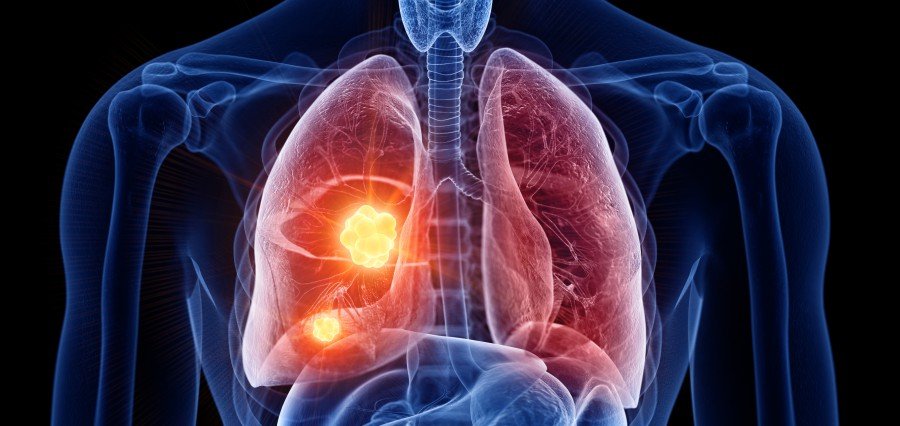Delegates at the recent session on the SOLACE project (Strengthening the Screening of Lung Cancer in Europe) were informed of the initiative’s integration with artificial intelligence (AI) to enhance workflow, diagnostics, and image and data analysis. Presentations highlighted the project’s advancements in Croatia, France, Hungary, and the Czech Republic, particularly its outreach to under-represented and vulnerable groups.
Dr. Oyunbileg von Stackelberg from the University Clinic Heidelberg, Germany, opened the session, noting that while low-dose CT (LDCT) screening has been shown to reduce lung cancer mortality, few European countries have national lung cancer screening (LCS) programs. The SOLACE project, a multi-national effort funded by the EU4Health program, involves 33 institutions across 15 countries and includes ongoing projects and pilot trials.
Professor Helmut Prosch from Vienna General Hospital discussed SOLACE’s vision and the challenges it faces. Currently, 55% of lung cancer patients are diagnosed at an advanced stage, with only those diagnosed at a localized stage having a five-year survival rate of 61%. The goal of LCS is to increase early-stage diagnoses to improve overall survival rates. Evidence suggests that LDCT screening could reduce lung cancer mortality by 20%, potentially saving one life for every 320 individuals screened.
Prosch emphasized challenges such as the lack of European guidelines, limited cost-effectiveness data, and difficulties in reaching the most affected groups, including women and marginalized communities. SOLACE is addressing these issues through targeted work packages and collaboration with the European Society of Thoracic Imaging to develop a unified training system for healthcare professionals.
Croatia, as the first EU country with a nationwide LCS program, has integrated screening into its healthcare system and aims to reduce lung cancer deaths by 20% within a decade. Professor Miroslav Samardzija highlighted the role of AI in managing large volumes of data and facilitating connections between general practitioners and diagnostic centers.
Professor Marie-Pierre Revel from Cochin Hospital, University Paris Cité, presented the CASCADE study in France, which focuses on increasing female participation in LCS. In Hungary, a pilot project targets deprived populations, while the Czech Republic focuses on high-risk participants.
Dr. Colin Jacobs from Radboud University Medical Center outlined the potential of AI in national LCS programs, emphasizing its role in assessing malignancy risk and automating nodule detection. Despite the presence of 17 CE-approved AI products for lung nodule detection in Europe, Jacobs called for more research, better reimbursement models, and the creation of reference databases to ensure quality control.
Read More: Click Here




